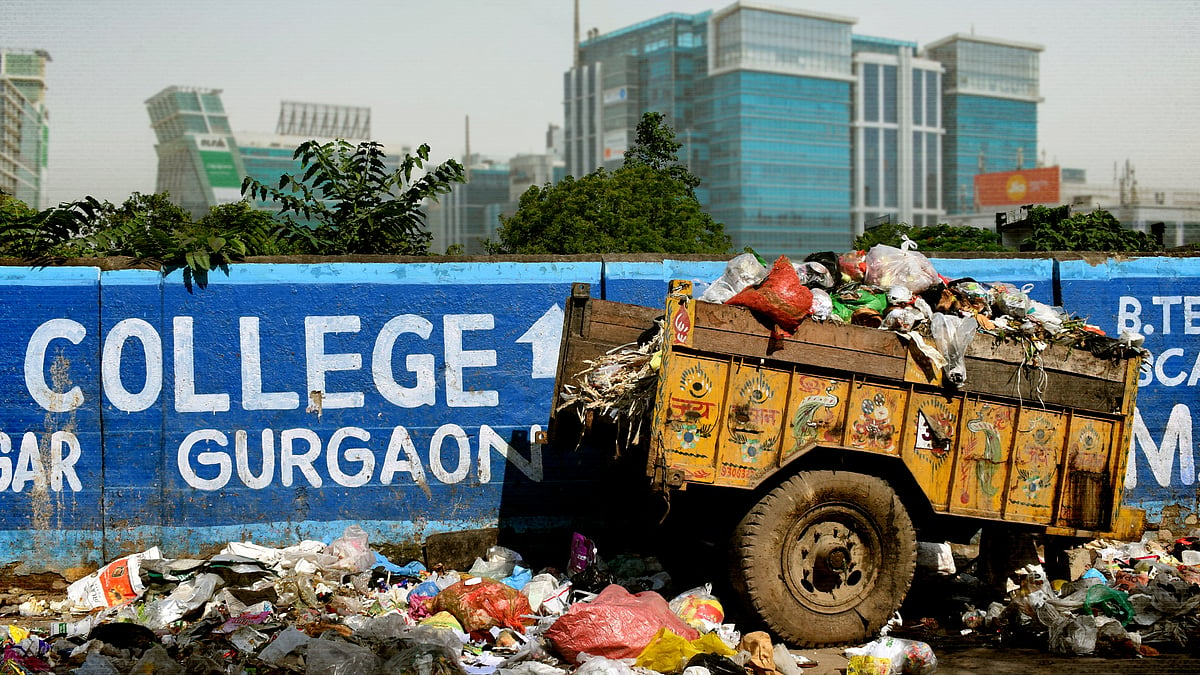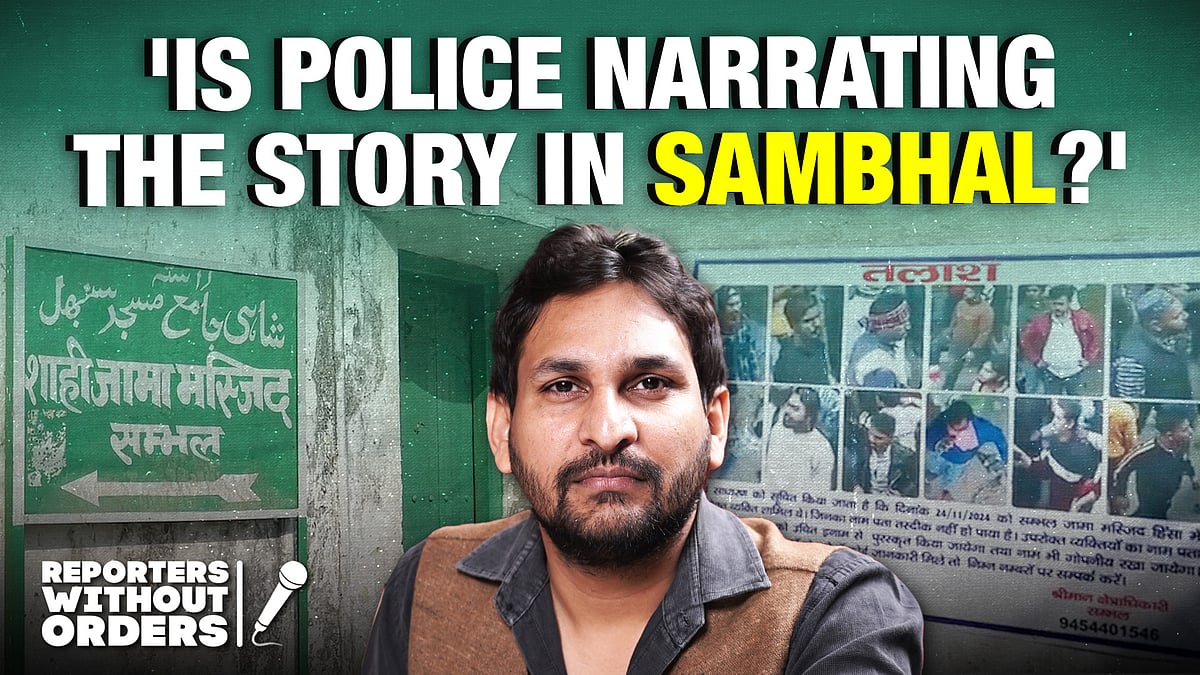India’s trains are running on luck? RTI points to rampant drunk train driving
275 loco pilots drove trains while drunk. Delhi tops the charts for such incidents.
Imagine you are sitting in a taxi and suddenly realise the driver is drunk. You can shout, stop the car, or step out. But on a train, you don’t have that choice, with no control over the train engine and no way to know who is driving it or what condition they are in.
Now think about this: In 2023–24 alone, 275 loco pilots and assistant loco pilots across seven critical railway zones operated trains while drunk, reveals RTI data obtained via various departments by Madhya Pradesh-based activist Chandrashekhar Gaud.
Another 657 loco pilots and assistant loco pilots reported for duty while intoxicated but were caught before they could get onto the train. The last time Gaur collected data on this in 2023, he found that nearly 1,000 loco pilots had failed breathalyser tests in the preceding five years.
These figures were for loco pilots and assistant loco pilots across the North Western Railway, North Central Railway, Northern Railway, Eastern Railway, East Coast Railway, Southern Railway, and Western Railway zones.
The data stands in stark contrast to Railway Minister Ashwini Vaishnaw’s continual assurances that passenger safety is a top priority for the Indian Railways. In fact, these numbers show a worrying gap between the minister’s claims and the reality on the ground.
Right under the nose of the Indian Railways
What’s even more striking is that the highest number of drunk loco pilots and assistant loco pilots was found in the national capital.
In the Delhi division of Northern Railway alone, 75 loco pilots and assistant loco pilots operated trains while inebriated in 2023 and 2024. Another 158 loco pilots and assistant loco pilots reported for duty drunk but were caught in the breathalyser (BA) test before they could board the engine.
Loco-pilots are subject to breathalyser tests before their run (sign-on) and after it (sign-off). When a loco-pilot reports for duty, he must sign on at the lobby at least 30 minutes before the train’s departure. After completing the run, he must return straight to the lobby to sign off.
In practice, most loco pilots may pause briefly for a cup of tea or a quick snack after stepping out of the engine. Still, this break usually lasts no more than 10 to 15 minutes and is nowhere near enough time for someone to consume alcohol without being immediately detected during the mandatory sign-off breathalyser test.
In other words, if a loco pilot is found drunk at sign-off, it strongly indicates that he was either drinking during the journey or had done so while boarding the train after signing on.
A railway employee posted in the Central Zone in Pune, speaking on the condition of anonymity, claimed, “Loco pilots and assistant loco pilots who fail the breathalyser test during sign-off are most likely drinking after they leave the lobby and are on their way to the engine. At sign-on, they must pass a breathalyser test. If they fail, they are not allowed to get on the train. So, when someone is caught drunk at sign-off, it usually means they drank after leaving the lobby or even inside the engine. It’s extremely risky for their job as well, but some of them still do it.”
A senior railway employee, working as a loco-pilot in the West Central Railway zone in Bhopal, said on the condition of anonymity, “These are men who took thousands of passengers through signals, level crossings, sharp curves, and crowded stations with alcohol in their blood, impairing reaction time, vigilance, and judgment the entire journey. One moment of delayed braking, one misread signal, one micro-sleep at the controls could have ended in a fireball derailment or head-on collision claiming hundreds of lives, and the only reason a disaster did not occur is sheer luck.”
“In mail trains, a loco pilot typically drives up to 400 km, with a sign-on to sign-off duty window of about 11 hours, including a maximum of 9 running hours. For goods trains, the running time is usually around 8 hours. In reality, duty hours often stretch even longer. During festive seasons like Diwali there is no time limit and duty hours even stretch up to 15-16 hours. Even though there’s no fixed minimum duty time, a loco pilot who takes charge of a train usually works at least 4 to 6 hours,” he added.
Despite the grave dangers of driving trains under the influence, this senior railway employee in the West Central Railway zone in Bhopal claimed that errant loco pilots aren’t held accountable.
“Many loco pilots caught drunk on duty are let off with just a warning or a minor charge sheet, because of which they are not removed or dismissed from service.”
Breaking the numbers down division-wise
In 2023 and 2024, several railway divisions across India reported alarming cases of loco pilots and assistant loco pilots driving trains while drunk.
In Northern Railway’s Lucknow division, 19 loco pilots and assistant loco pilots were found intoxicated at the time of sign-off, after completing their run. In the Delhi division, 75 loco pilots and assistant loco pilots operated trains while drunk.
The Eastern Railway reported similarly high numbers. Across the Howrah, Malda and Sealdah divisions, a total of 73 loco pilots and assistant loco pilots operated trains while under the influence of alcohol. In the Northern Railways Lucknow division, 30 loco pilots and assistant loco pilots operated trains while inebriated. In the North Western Railway, the Jaipur, Bikaner, Jodhpur and Ajmer divisions together recorded 29 cases of loco pilots and assistant loco pilots caught drunk at sign-off.
In East Coast Railway’s Waltair division (now known as the Visakhapatnam division), 24 loco pilots and assistant loco pilots risked passenger safety by driving trains in an inebriated condition. Southern Railway’s Chennai and Thiruvananthapuram divisions reported 37 such cases. In North Central Railway’s Agra division, 7 loco-pilots and assistant loco pilots were caught operating trains while drunk.
Interestingly, Western Railway’s Mumbai division reported zero cases of loco pilots and assistant loco pilots being caught operating trains after consuming alcohol.
Across the North Western Railway’s Jaipur, Bikaner, Jodhpur and Ajmer divisions, 130 loco pilots and assistant loco pilots reported for duty in an intoxicated state and failed the breathalyser test at sign-on.
In the Northern Railways Delhi and Lucknow divisions, a total of 257 loco pilots and assistant loco pilots were caught drunk during sign-on and prevented from taking the train out. The Eastern Railways Howrah, Malda, and Sealdah divisions recorded 149 cases of loco pilots and assistant loco pilots reporting for duty drunk, all intercepted during breathalyser checks.
In the East Coast Railway, 44 loco pilots and assistant loco pilots failed the breathalyser test at sign-on. Southern Railway divisions reported similarly high numbers; in Chennai and Thiruvananthapuram, 81 loco pilots and assistant loco pilots were found drunk when they reported for duty.
In the North Central Railway’s Agra division, 13 loco pilots and assistant loco pilots failed the sign-on breathalyser test. Even in the Western Railways Mumbai division, which reported no drunk drivers during sign-off, 11 loco pilots failed the breathalyser test at sign-on.
These high sign-on numbers show that the problem is widespread, but the smaller sign-off numbers in comparison are actually the bigger concern, because every one of those cases confirms that a drunk driver had already operated the train.
Newslaundry reached out to Dharmendra Tiwari, ADG (Group Principal), Railway Ministry, with questions about the data. This report will be updated if a response is received.
If the government can hike ad rates by 26 percent, we can drop our subscription prices by 26 percent. Grab the offer and power journalism that doesn’t depend on advertisers.
 98% processed is 100% lie: Investigating Gurugram’s broken waste system
98% processed is 100% lie: Investigating Gurugram’s broken waste system Reporters Without Orders Ep 359: Truth behind locals ‘fleeing’ Sambhal, cash for Delhi stampede victims
Reporters Without Orders Ep 359: Truth behind locals ‘fleeing’ Sambhal, cash for Delhi stampede victims 